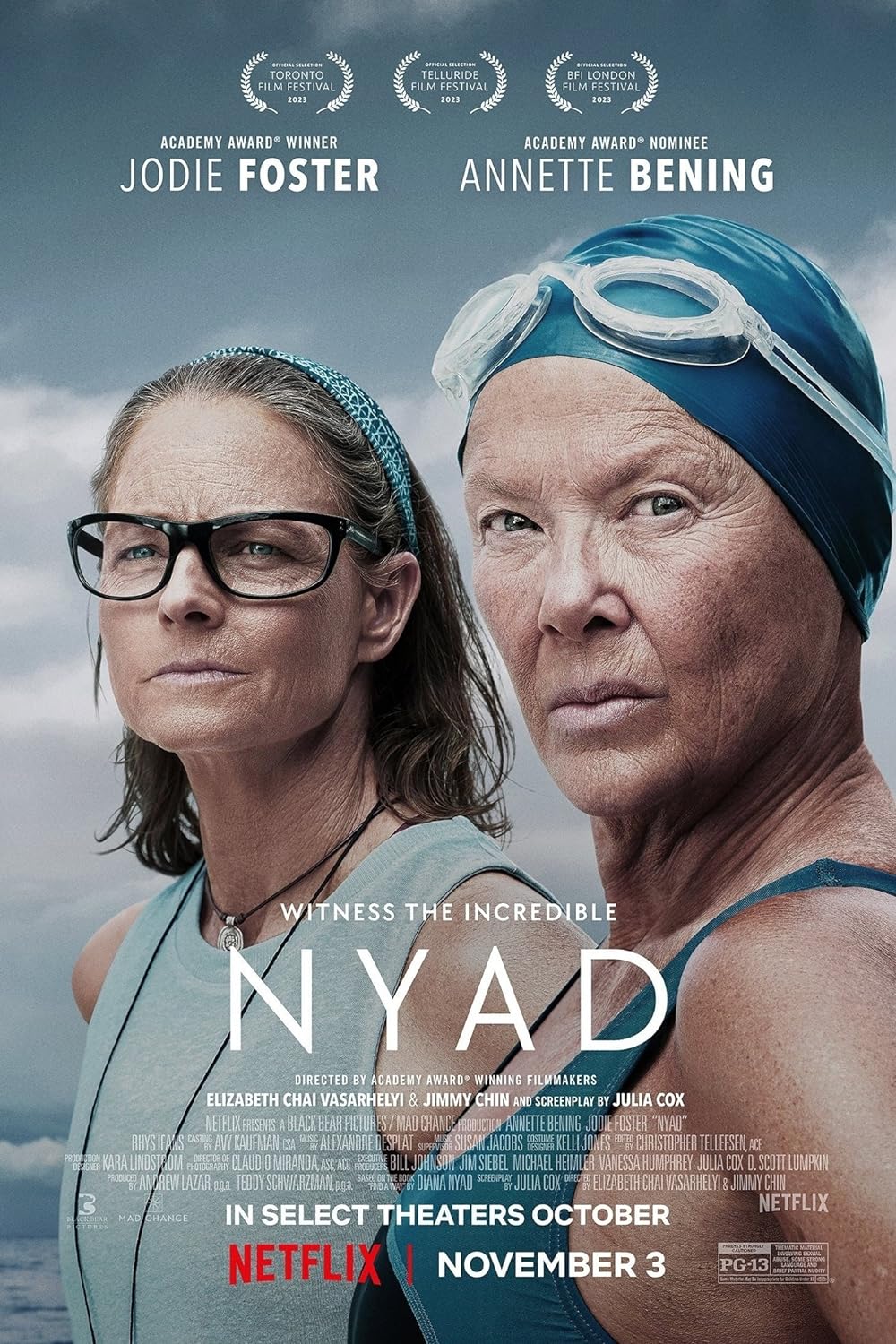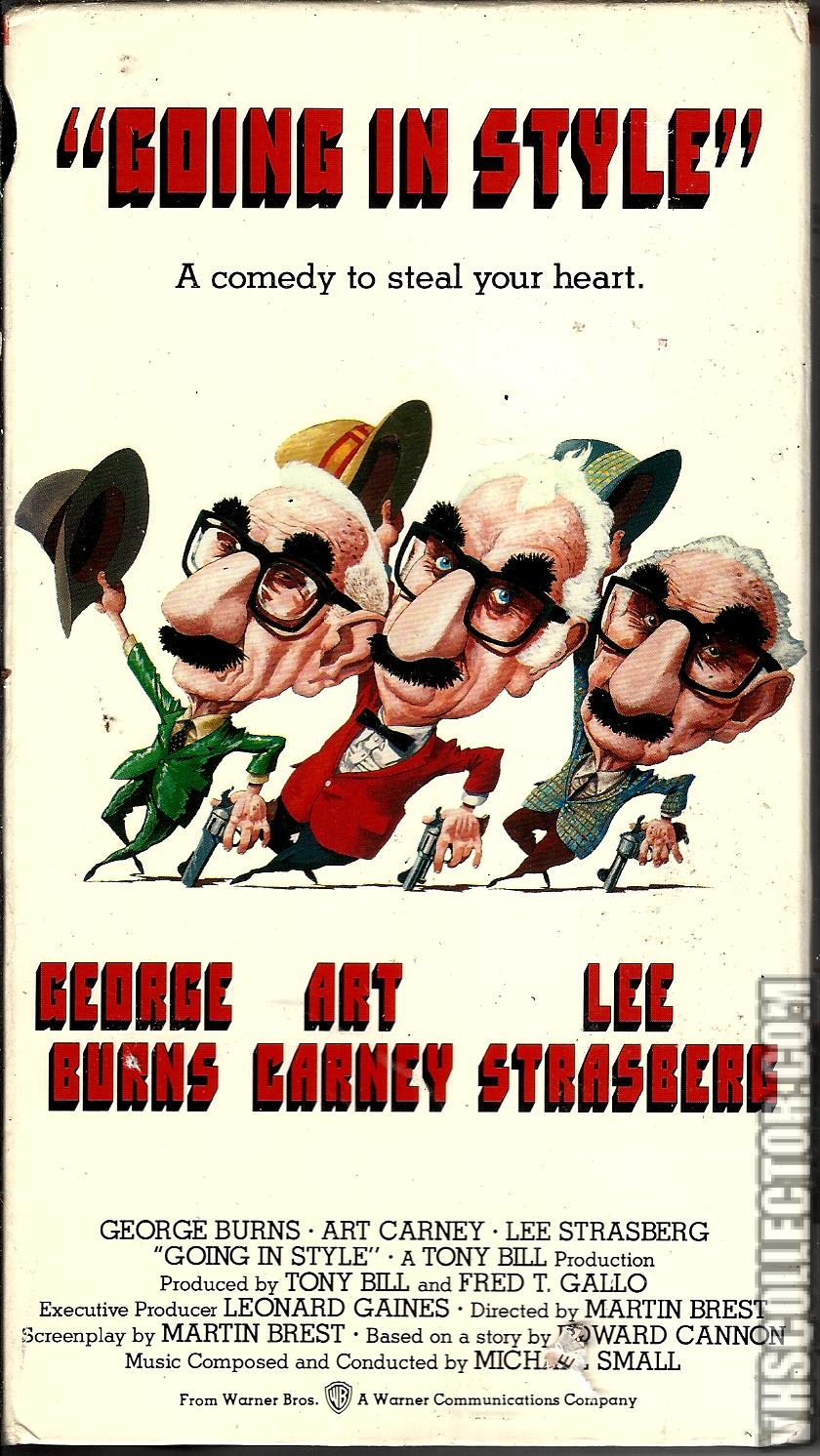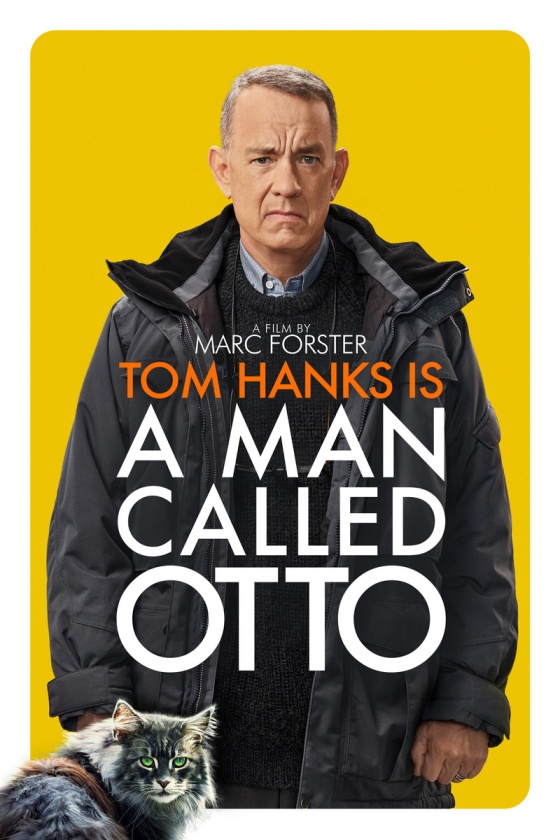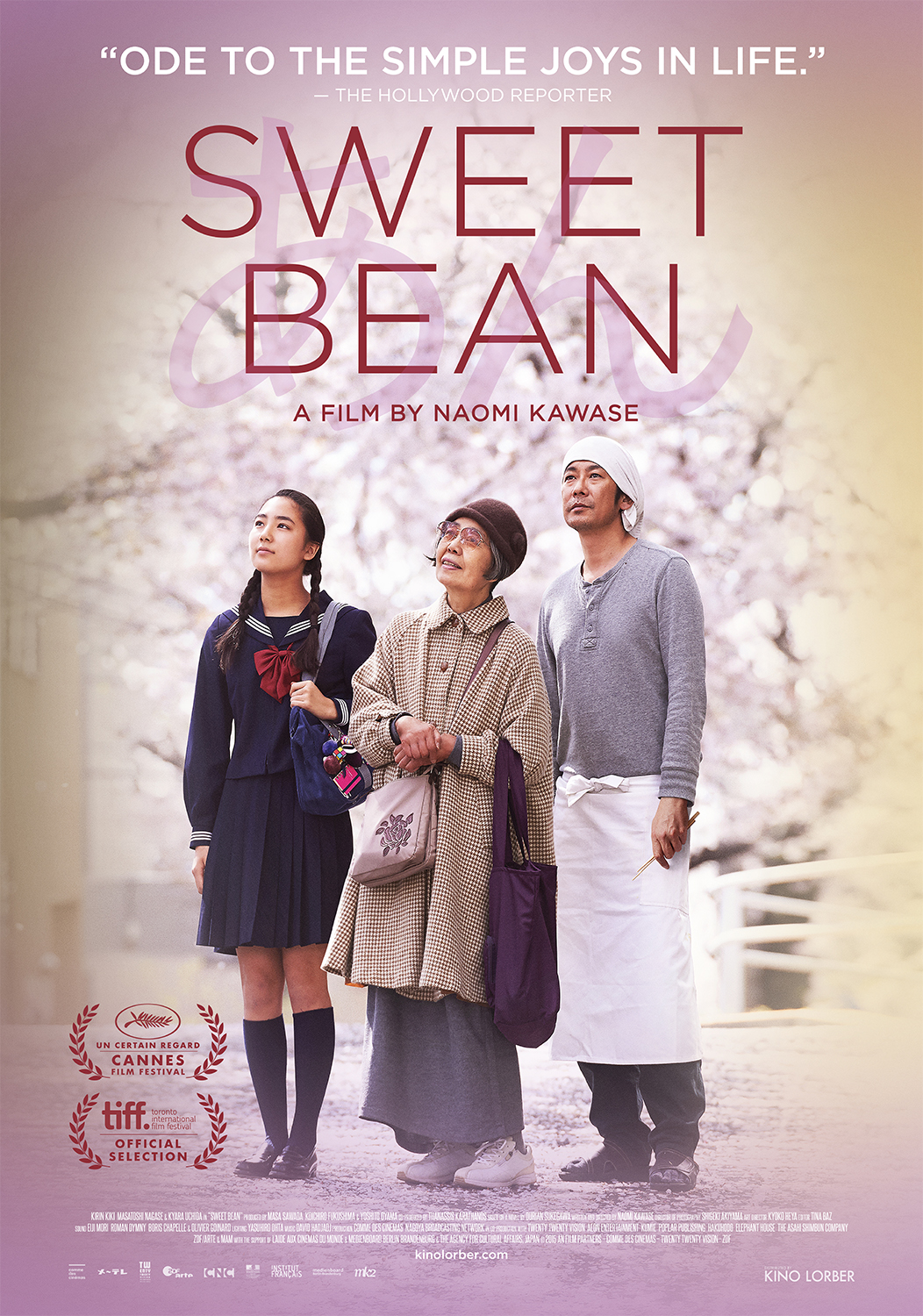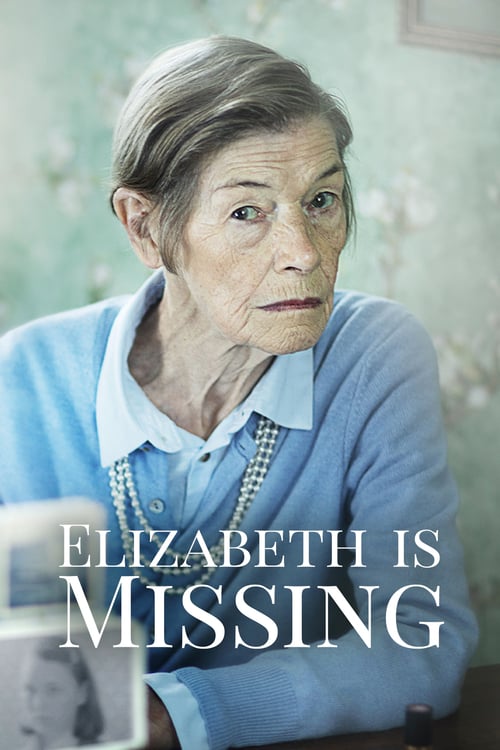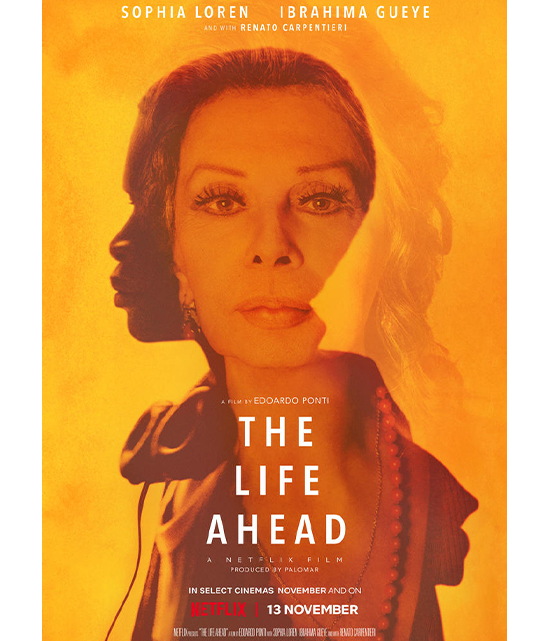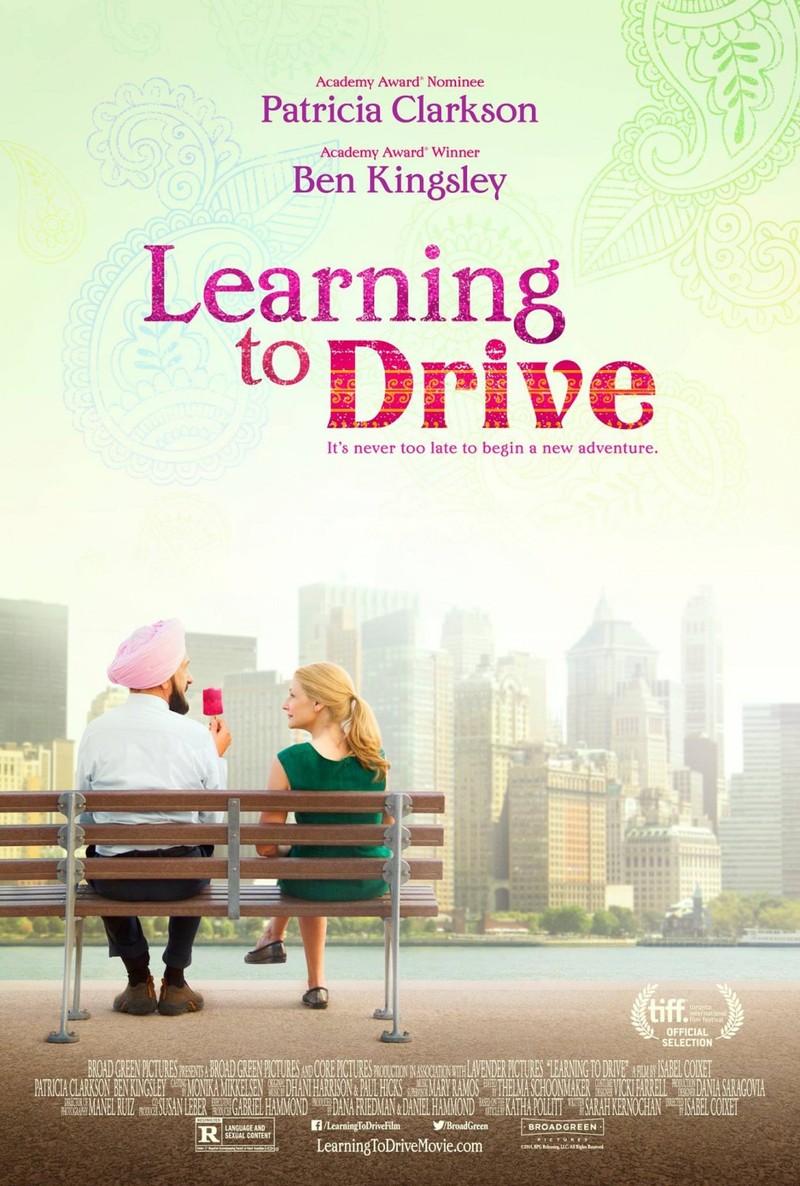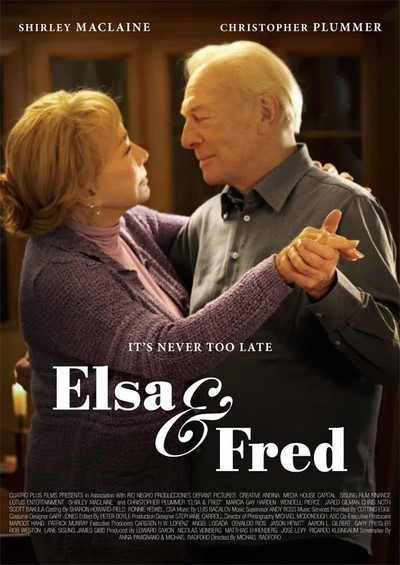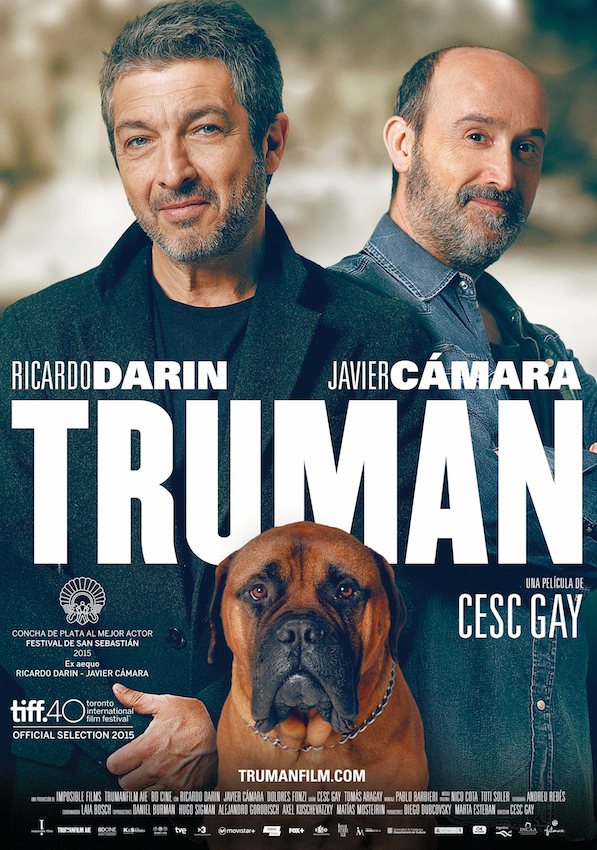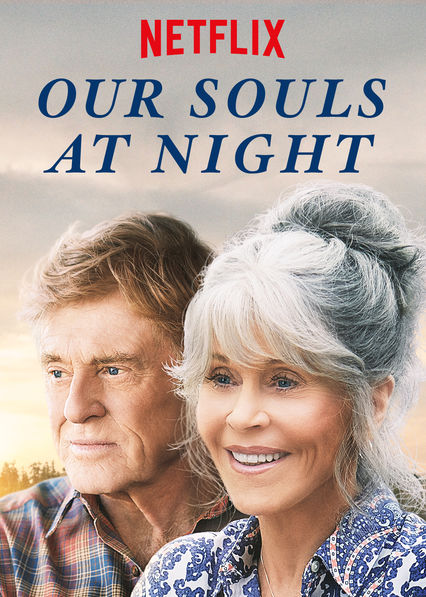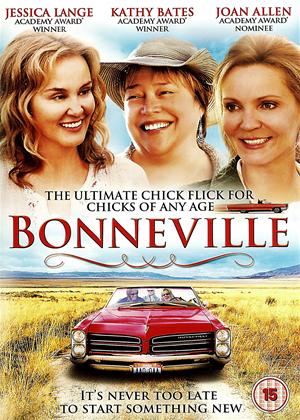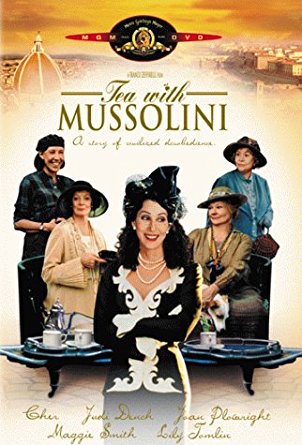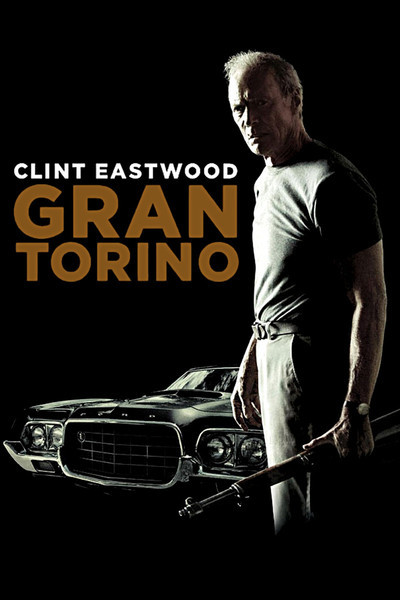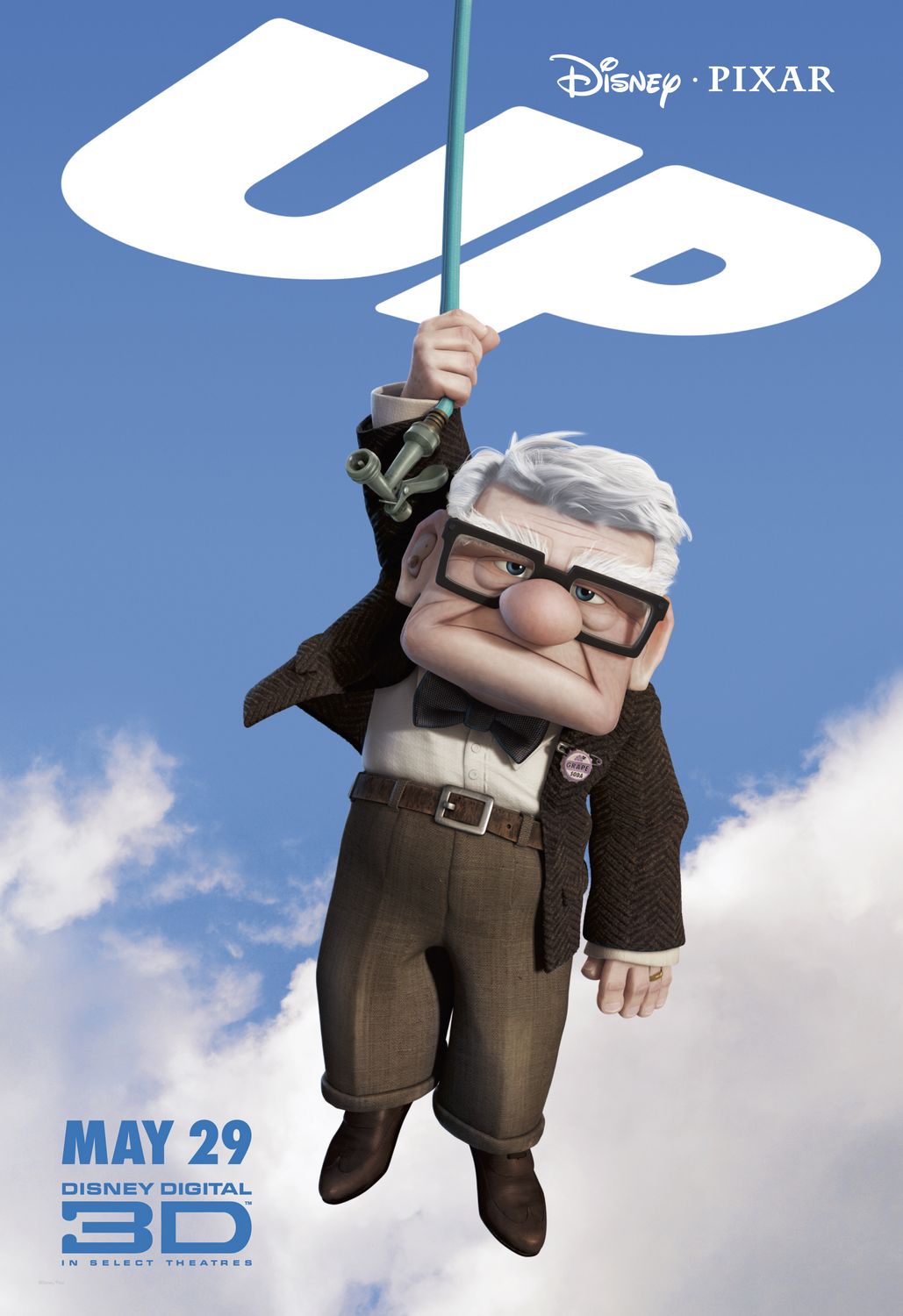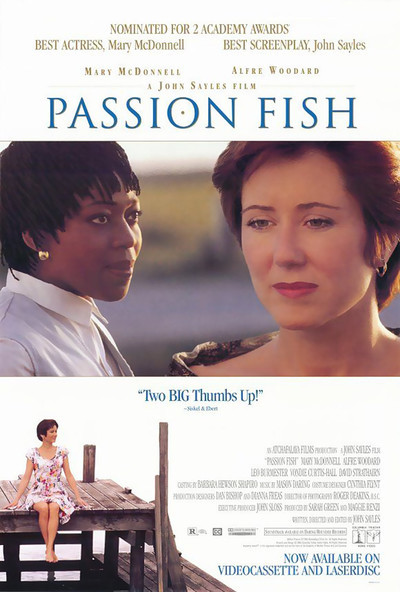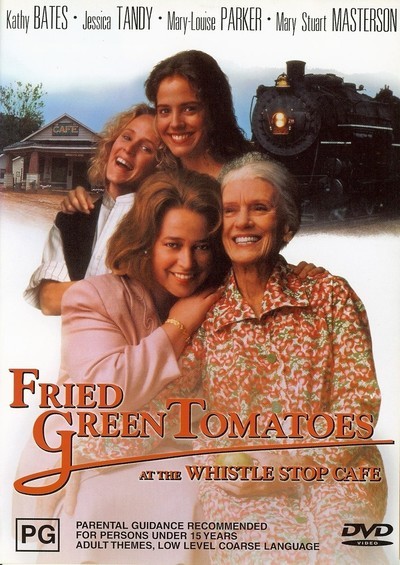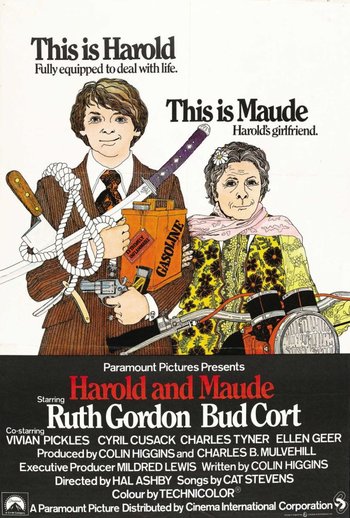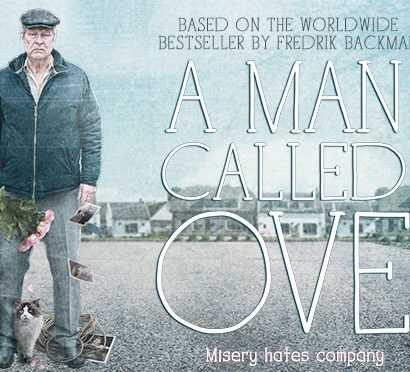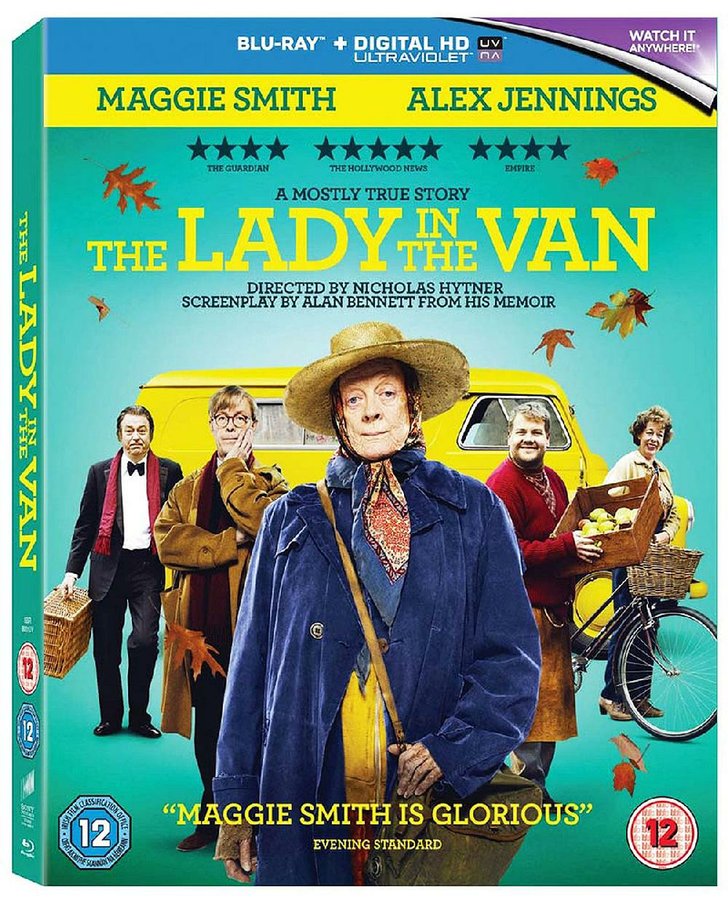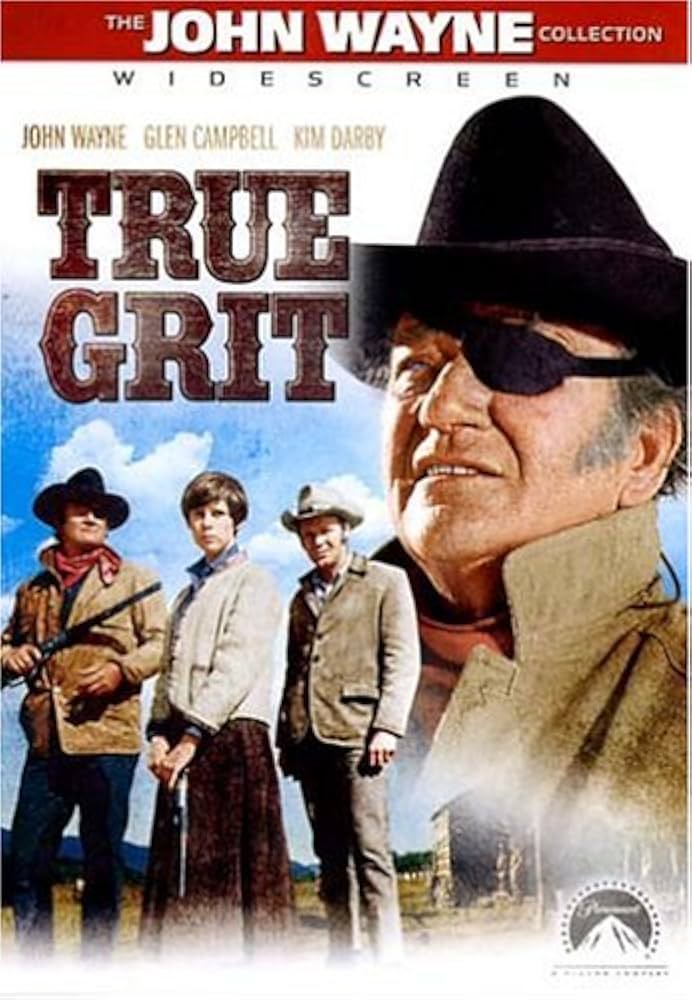
1969, USA, 128 min.
Far sunnier than the bluntly poignant 2010 remake, this is still eminently watchable. John Wayne plays an alcoholic, one-eyed, US marshal hired by a precocious teen (Kim Darby) to find her father’s killer in the vast Indian Territory. Released the same year as The Wild Bunch and a few years after Sergio Leone’s spaghetti westerns, the film was already an anachronism. Though it is perhaps the last of the traditional, straight-ahead westerns (many of which starred Wayne), it’s a rousing reminder of classic Hollywood swagger—and that integrity and courage don’t dim with age. Wayne, that embodiment of rigid, matinee-idol machismo even in his 60s, is perfect in his only Oscar-winning role, which might be his most vulnerable performance. Dying is easy; aging is hard—especially if you’re a survivor in a lawless occupation.

